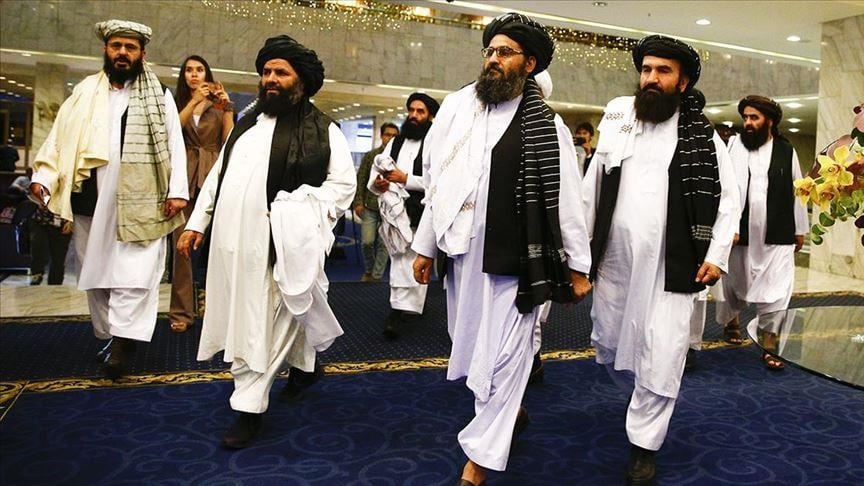ISLAMABAD — The United Nations has urged the Taliban to attend a Taliban Conference later this month. This move aims to bring much-needed global attention back to the crisis in Afghanistan.
Malick Ceesay, head of the UNAMA Pakistan-based liaison office, highlighted the shift in international focus due to the Ukraine war and Gaza hostilities. “That’s a concern for the United Nations. We don’t want Afghanistan to be forgotten,” Ceesay stated at a meeting hosted by the Center for Research and Security Studies in Islamabad.
The two-day Taliban Conference of special envoys on Afghanistan will start in Doha, Qatar, on June 30. A UN spokesperson said the meeting aims to boost international engagement with the Taliban and Afghanistan “in a more coherent, coordinated, and structured manner.”
This will be the third such meeting in Doha since May 2023. The first meeting, led by UN Secretary-General Antonio Guterres, did not invite the Taliban. They declined an invitation to the second in February.
The Taliban have indicated they will send a delegation to the “Doha III” conference, pending a review of its “final agenda.” Their conditions include being the sole representatives of Afghanistan, excluding civil society, women’s rights activists, and opposition groups. They also seek a high-level meeting with the UN. Guterres rejected these terms.
Ceesay emphasized the Taliban’s restrictions on women’s education and employment and the lack of inclusivity in their government. These issues, he noted, hinder the Taliban’s legitimacy. “These are all tied together. The Islamic Emirate leadership knows that this is the reason why the recognition is not coming,” he said.
The diplomat also criticized the Taliban’s interpretation of Islamic law regarding women’s rights. “Islam never says that women should not go to school, and Islam never says that women should not go to work. Which (version of) Islam and which Quran says that? It’s not found in there,” he asserted.
UNAMA is working with all Afghans to create a broad-based governance system. “Islamic Emirate is doing a fairly notable job on that, but we want it to increase more so that every Afghan citizen will feel that they belong to the country and the government belongs to them,” Ceesay said.
While the Taliban have allowed some Afghan women to work in public offices, bans on most women’s employment and girls’ education beyond grade six overshadow these concessions.
Taliban supreme leader, Hibatullah Akhundzada, governs through strict edicts. He has dismissed international criticism and reform calls. In a recent speech, Akhundzada vowed not to yield to foreign pressure. “Who are you to meddle in our land, system, and policies? I am not here to take your orders nor will I take a single step with you or deal with you regarding the Sharia (Islamic law),” he declared.


